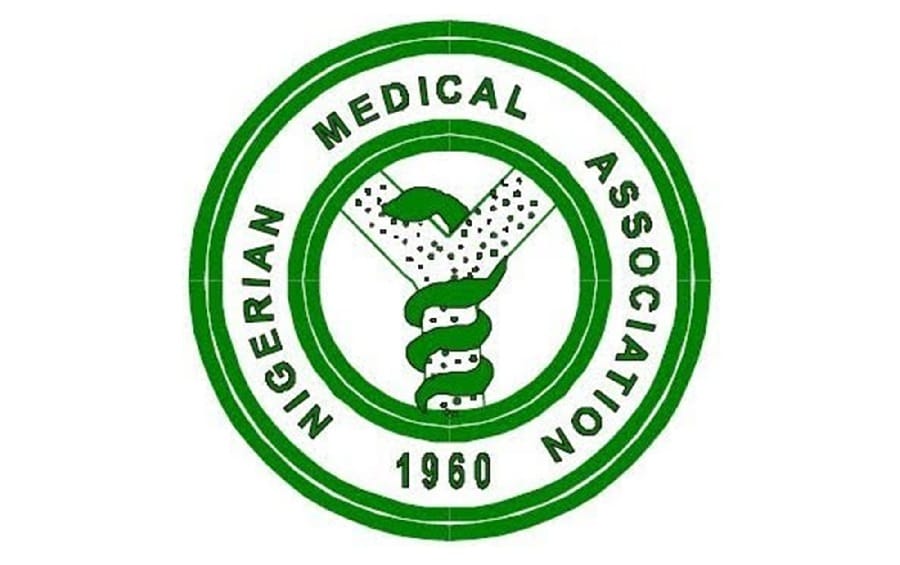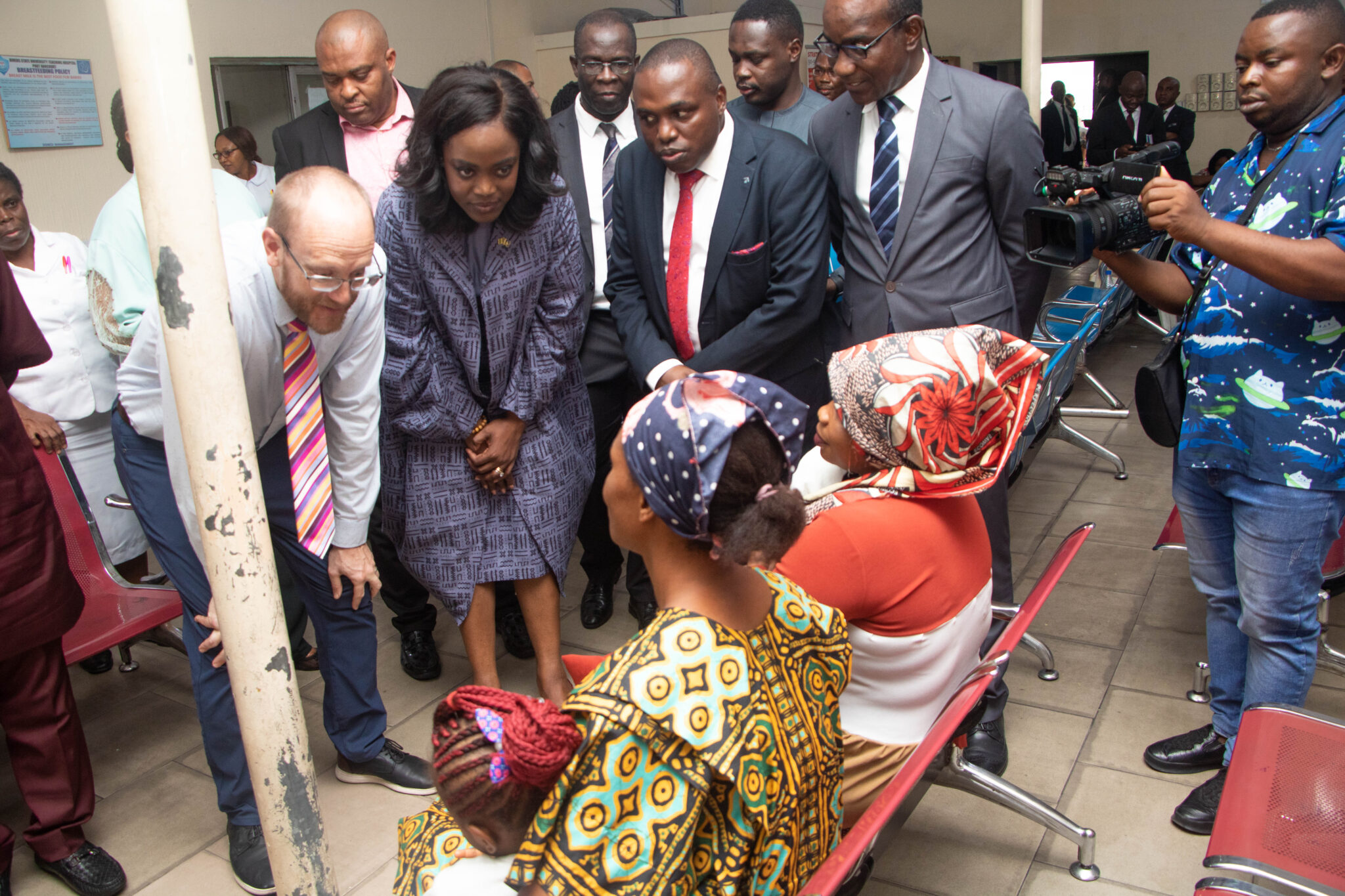By Ojoma Akor
The Nigeria Centre for Disease Control and Prevention (NCDC) has said that the two recent suspected cases of viral hemorrhagic fever in Abuja, Nigeria both tested negative for Ebola and Marburg viruses.
Director General of NCDC, Dr. Jide Idris in a public health advisory on Friday said the organization is currently testing samples for other viral hemorrhagic fevers like Lassa Fever and Dengue fever.
He said that the most recent case involved a traveler who, after returning to Nigeria from Kigali, presented himself immediately to a hospital in Abuja when he felt unwell.
He said, “His decision to report early, combined with the vigilance of the attending clinician and hospital team, ensured that our public health system was promptly activated and that the risk to the public was minimized. ”
Dr Idris said the responsible action is highly commendable and a good practice all Nigerians are urged to emulate.
“When you feel unwell, especially after travel, seek care early. Doing so protects you, your family, and your community,” he stated.
The NCDC DG also commended the clinicians and staff at the Nisa Premier Hospital, Abuja, saying their high index of suspicion and immediate reporting triggered a rapid, coordinated response.
Dr Idris also lauded the FCT Epidemiology and Rapid Response Teams, the Port Health Services, the National Reference Laboratory, airline and immigration partners, and other stakeholders whose swift collaboration with NCDC demonstrated the strength of Nigeria’s preparedness system.
” Together, their actions exemplify how vigilance and teamwork prevent potential public-health emergencies,” he said.
He said the NCDC is currently collating and analyzing all the relevant data and information to improve response.
He said, “As part of its mandate to safeguard the health of the nation, the NCDC has already conducted a Dynamic Risk Assessment following recent reports of Ebola viral disease in other countries, and anticipatory measures are being implemented nationwide. We have activated multidisciplinary collaboration with federal and state health authorities, strengthening surveillance at points of entry, placed isolation/treatment facilities on alert, and prepositioning critical infection-prevention and related case management supplies. ”

He said the NCDC national reference laboratories remain on standby to provide rapid testing, and public-health teams are ready to conduct contact tracing if needed.
According to him, the NCDC is also working with states and partners to strengthen readiness across all 36 states and the FCT. This includes upgrading isolation facilities, reinforcing IPC training for healthcare workers, conducting simulation exercises, and ensuring a clear pathway for access to medical countermeasures such as vaccines and therapeutics if ever required.
The NCDC boss said state governments and Ministries of Health must continue to support disease-surveillance officers, ensure isolation centers are functional, and provide necessary resources for rapid response.
“Healthcare workers in both public and private facilities must maintain a high index of suspicion, always apply strict infection-prevention measures, and report unusual cases immediately through the established IDSR channels. Private hospitals in particular play a critical role in early detection and must be fully integrated into surveillance and preparedness efforts at all levels,” he added.
Ebola virus disease (EVD), formerly known as Ebola Hemorrhagic Fever, is a severe, often deadly disease caused by the Ebola virus, with a fatality rate of 25-90%. There are five distinct species of this Virus: Bundibugyo, Reston, Tai Forest, Sudan, and the Zaire (the one responsible for the current case in the DRC).
The NCDC urged Nigerians a to:
-Practice good hand hygiene – wash hands with soap under running water or use alcohol-based sanitizers.
-Avoid contact with symptomatic persons – do not touch anyone with unexplained fever, bleeding, vomiting, or diarrhoea.
-Minimize animal-to-human risk – avoid contact with fruit bats, monkeys, or apes; handle animals with gloves and protective clothing; ensure animal products are thoroughly cooked before eating.
-Avoid contact with body fluids – including blood, vomit, saliva, urine, or other fluids from suspected or confirmed cases.
-Seek help immediately – if you or someone with a travel history to affected countries develops symptoms, call 6232 or your State Ministry of Health hotline for guidance.
-Avoid rumors: rely on official and authorized sources – we strongly caution against sharing unverified and unauthorized messages or rumors on social media platforms. Misinformation fuels fear and stigma, discourages people from seeking care, reporting events of public health importance and undermines public-health response. Please rely only on official updates from NCDC and authorized government sources.




